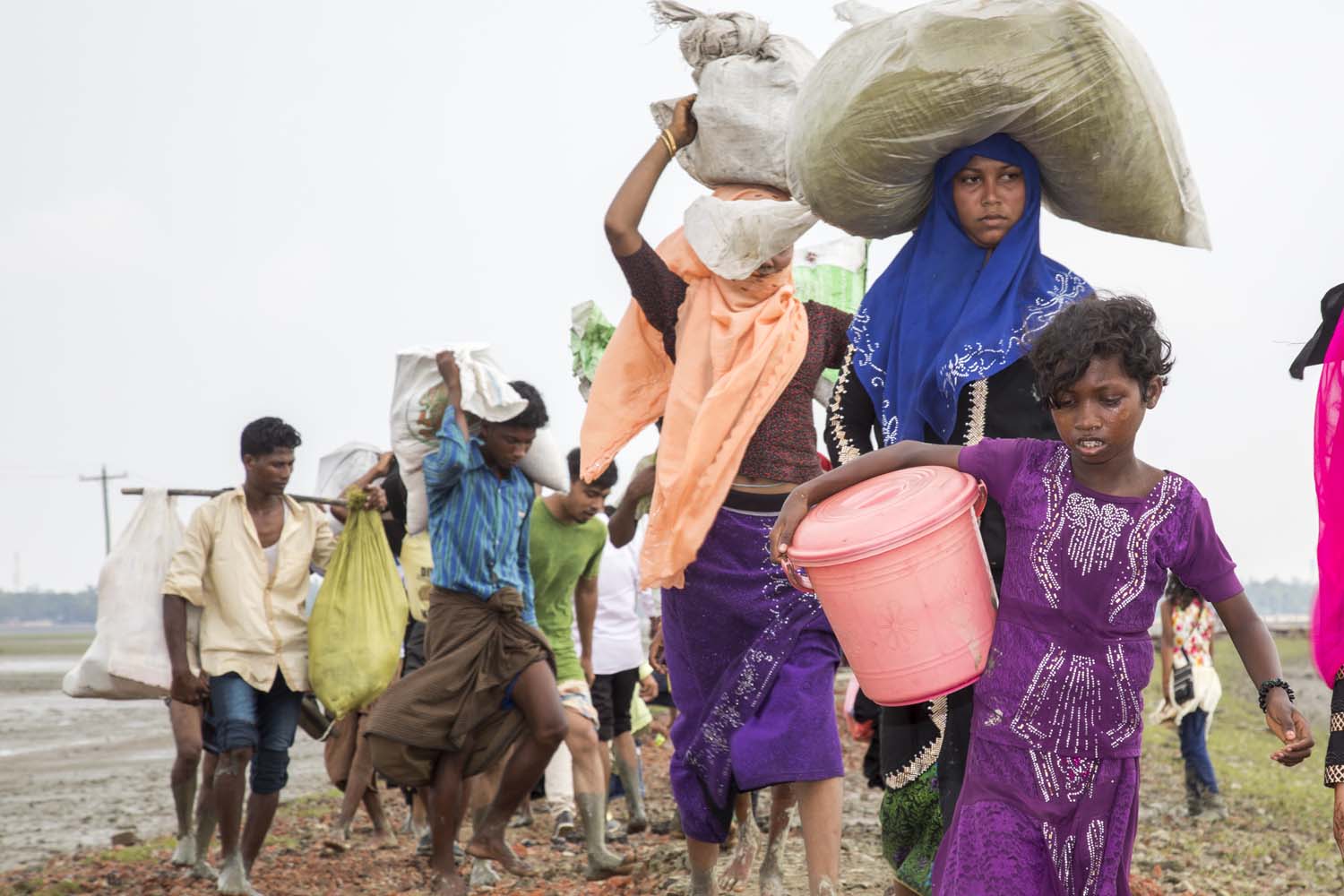
Innovative ETC Mobile App to enable communication between Rohingya refugees and humanitarians in Cox’s Bazar.
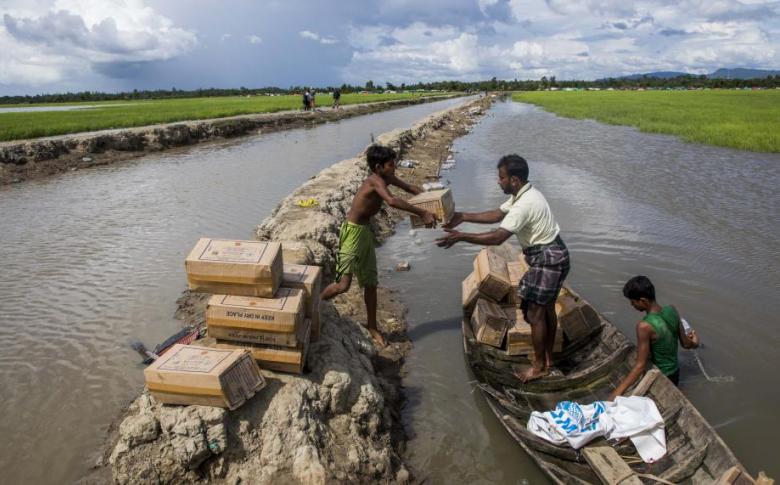
The outbreak of violence in Rakhine State, Myanmar since August 2017 has displaced the Rohingya population, who have been forced to flee their homes and cross the border to Bangladesh.
Tens of thousands of men, women and children walk for days to cross the border. They arrive into Cox’s Bazar in a state of confusion. They are tired, hungry, often traumatised, not knowing what to expect next.

Despite the support provided by humanitarian workers to newly-arrived families, the first days in the refugee camps are chaotic and overwhelming. Many people are in state of confusion and lack access to information. They turn to humanitarian aid workers for guidance, whom the refugees view as trusted sources of information.
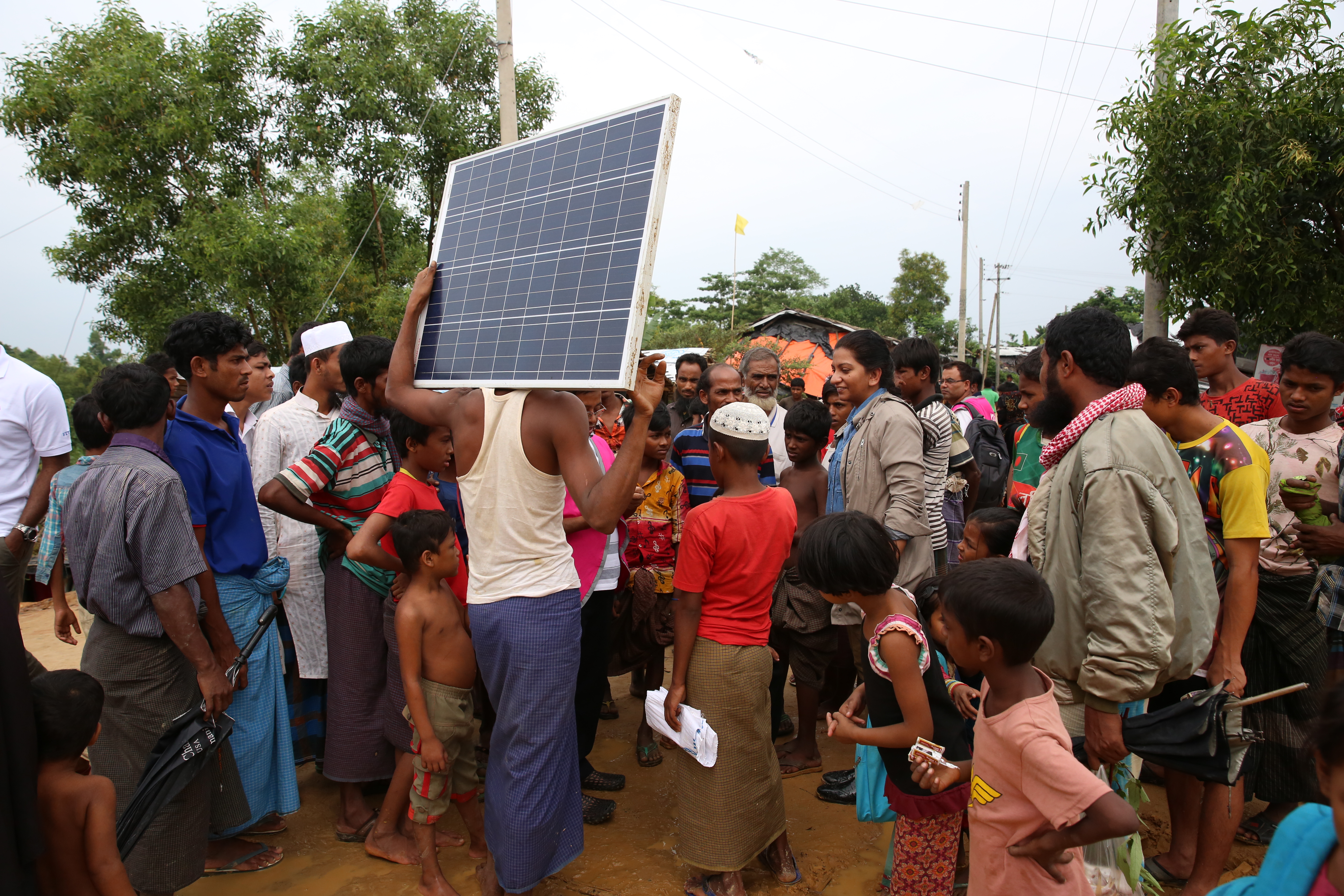
“For me the most difficult part is when the affected people approach me to ask questions, share their concerns and the issues they face each day. They hope that I can answer all their questions, but often I cannot” says Nusrat Jahir, who has been with the World Food Programme (WFP) since 2012.
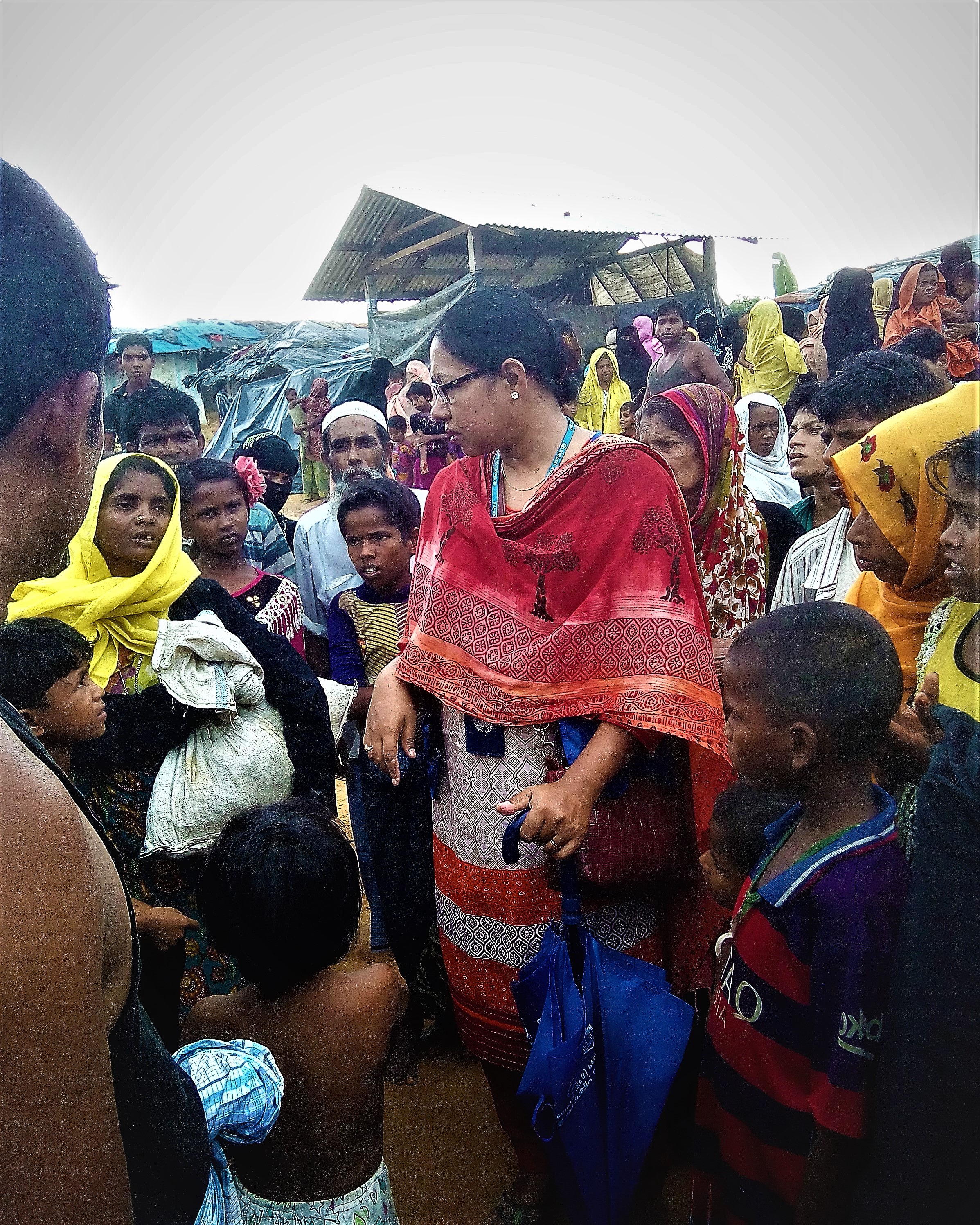
Ensuring that affected populations have access to information while being able to voice issues and concerns with humanitarians, is in line with CwC and the humanitarian principle of Accountability to Affected Populations. While affected communities prefer to interact with humanitarians face-to-face, toll-free phone lines are often set up to allow a mechanism to receive, capture and follow-up on information requests and issues.
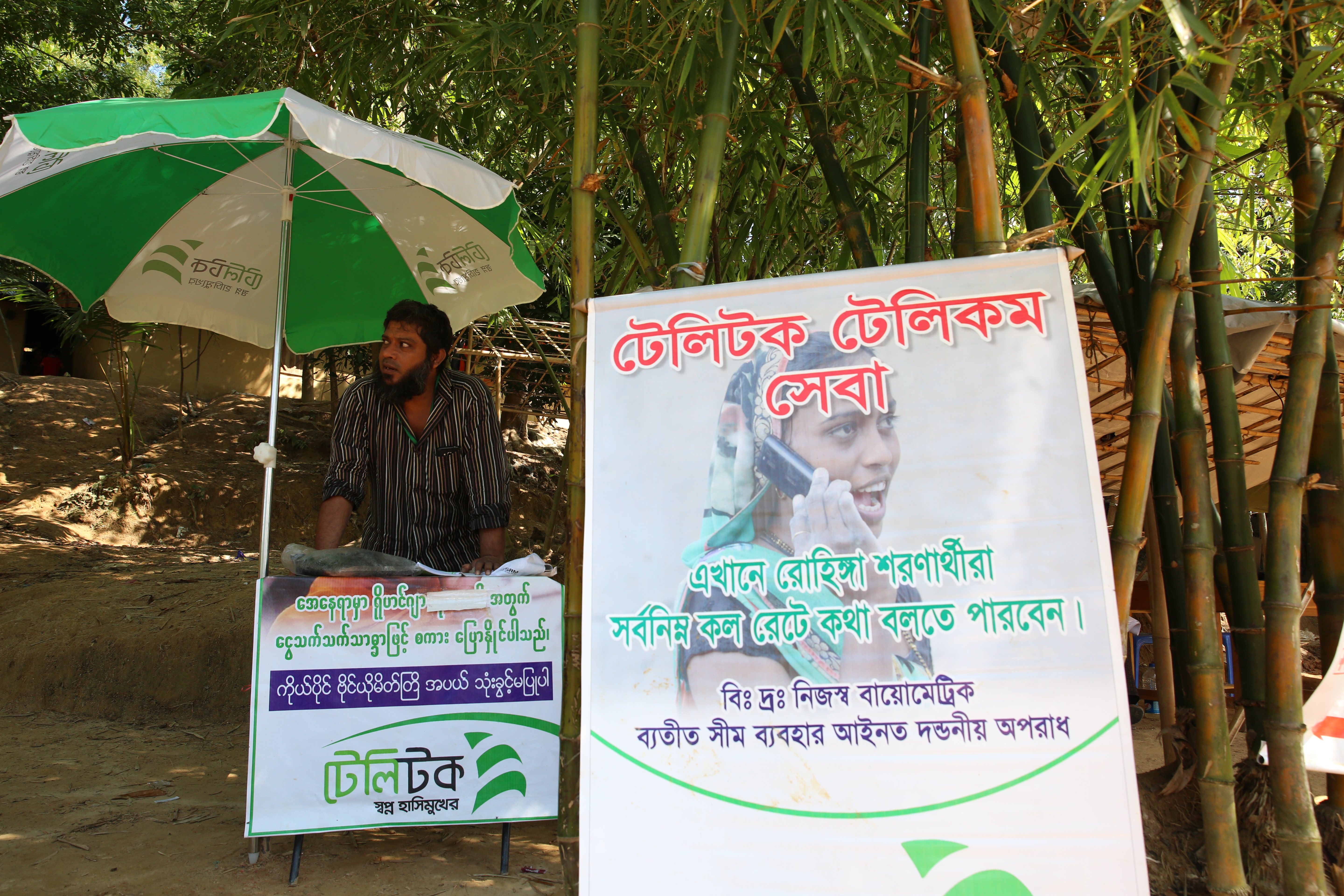
Recently, a joint Internews/ETS information assessment for Cox’s Bazar (Sept. 2017) highlighted that mobile device use was widespread amongst the Rohingyas. However, Rohingya refugees have no legal documentation from Myanmar nor a legal status in Bangladesh, which makes it impossible for them to buy a local SIM card in Cox’s Bazar.
To address this challenge, the ETS is piloting an innovative mobile application called “ETC- Connect” which aims to link humanitarians with affected communities. The ETC- Connect Mobile Application is a simple way for humanitarians to collect and log information requests and issues on a mobile device. As soon as the mobile device has connectivity, the request is automatically sent to a central data-base, where it is answered by a qualified person and synched with the app. The information can then be passed along to the beneficiary,” explains Fawad, who worked and designed the mobile application for the ETS.
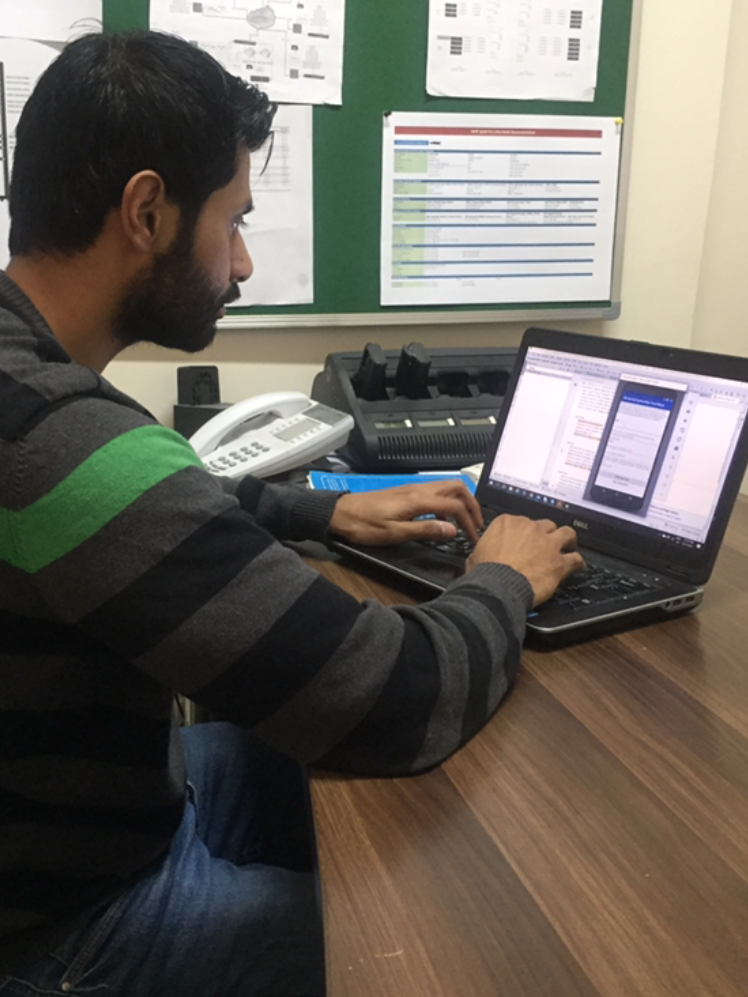
Fawad volunteered to help the ETS team develop the application, working evenings and weekends. “As a humanitarian worker I feel proud to have developed an app that listens to beneficiary questions, issues and can respond to them in a timely manner.” Fawad says.
The ETS is piloting the mobile application with BRAC, a local NGO in Bangladesh who is assisting Rohingya refugees with projects that meet a variety of needs from shelter, education and health to addressing gender-based violence and protection.
“When Phyza from the ETS discussed the app, I was very excited. The fact that all complaints are logged is great, as it gives us real time overview of what services men and women want to know more about and where. This is not only to improve the way we assist these populations, but to offer a system of accountability that tracks how quickly and effectively we were able to address an issue.” says, Iffat Nawaz, Programme Officer at BRAC.
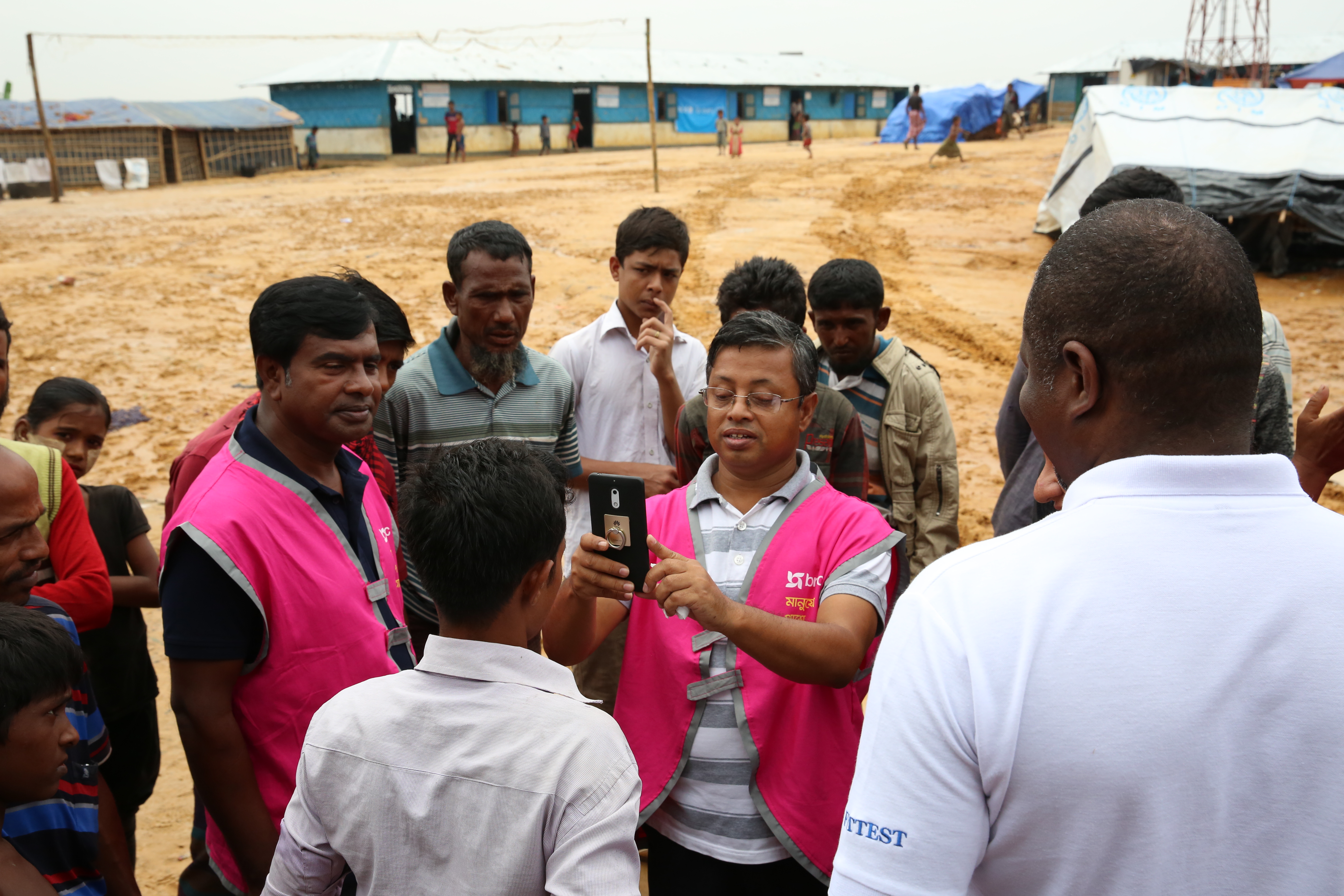
The application is also able to mark if a protection sensitive issue is lodged. All cases marked with protection sensitivity are managed and followed up by BRAC’s protection unit. Iffat’s team led by Bibek is currently piloting the application with the ETS Services for Communities (S4C) adviser in various Cox’s Bazar camps where newly arrived Rohingya refugees reside.
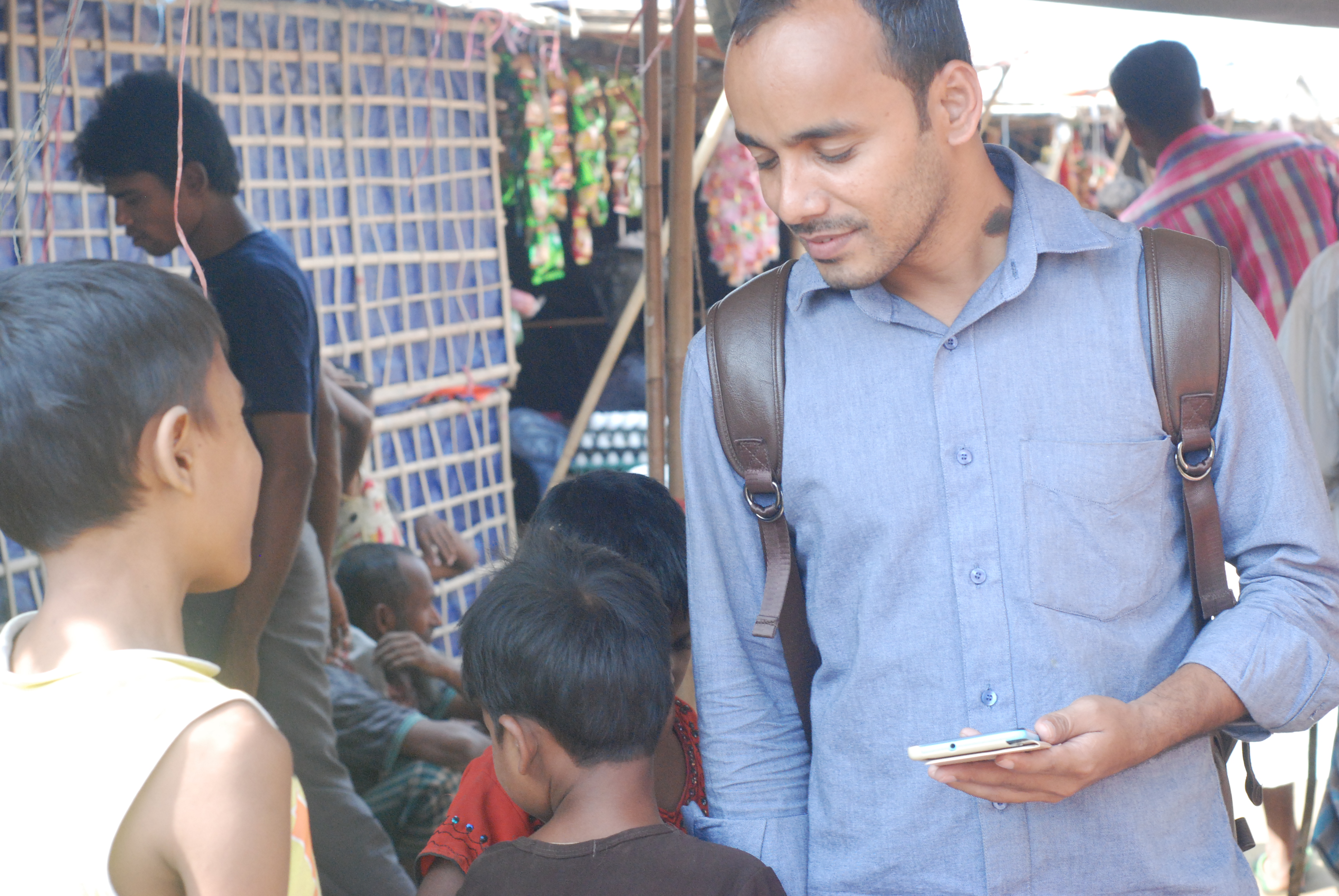
The pilot stage includes testing the functionality of the “ETC Connect” application as well as training field monitors to effectively capture, record and provide adequate feedback.
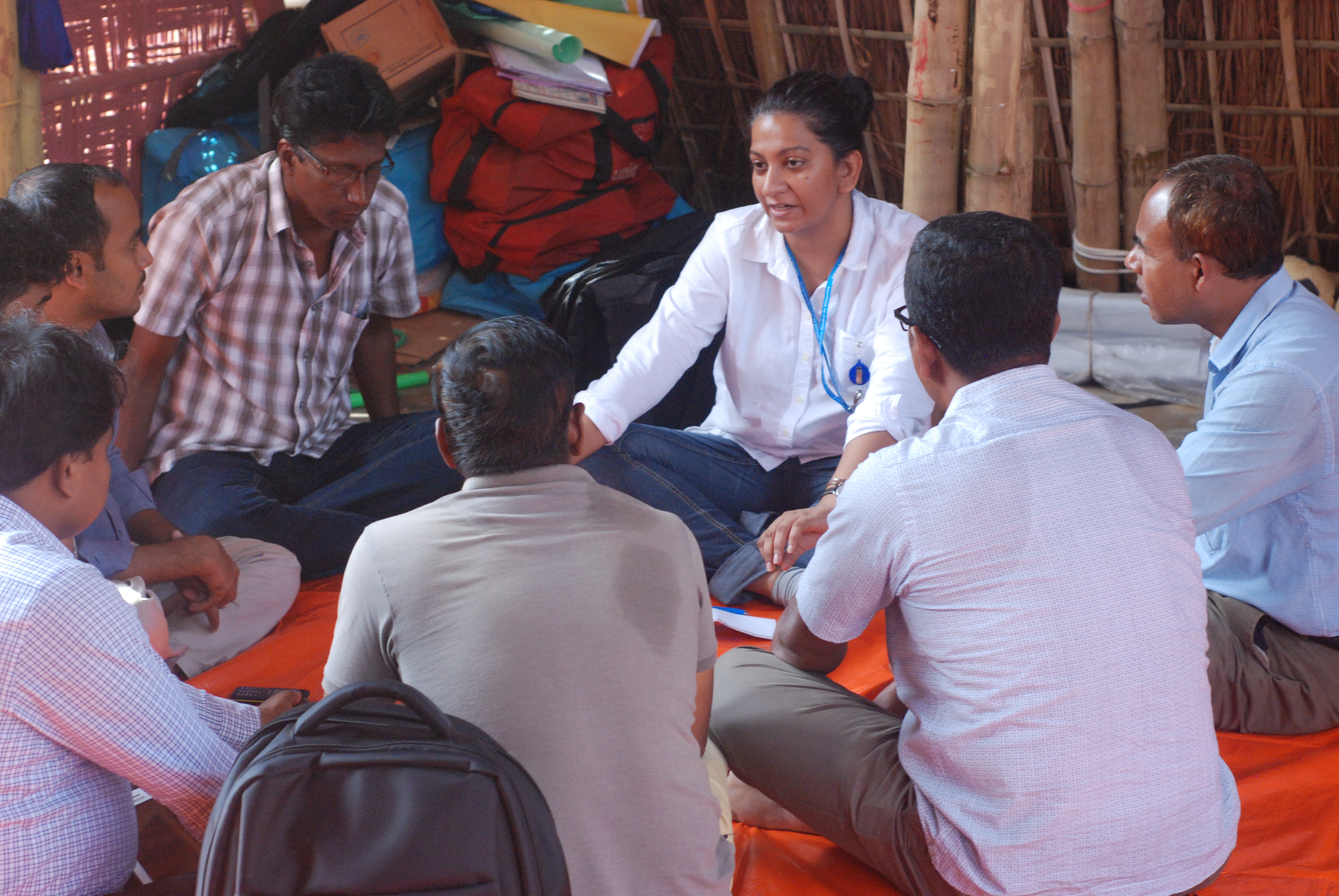
In Bangladesh, the ETC is operating as the Emergency Telecommunications Sector (ETS) with all project plans, appeals, services and deployments adhering to established procedures.